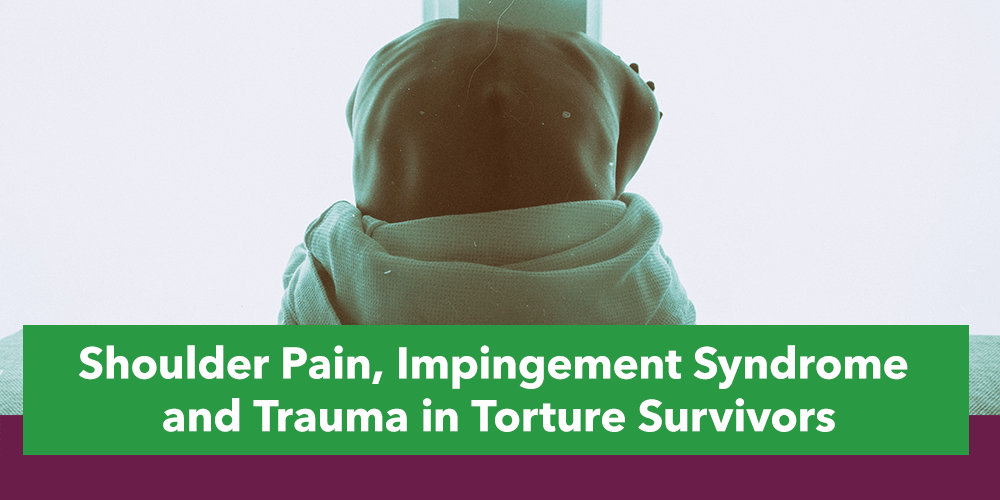ABSTRACT
OBJECTIVES: Torture has been a common practice used by security forces in many countries, including Turkey. Most traumatic torture methods are beating, hanging by the arms and feet, falaka, electric shock, and positional traumas. Shoulder pain is quite common in torture survivors, particularly in the chronic period. This study aims to present cases with torture history and shoulder pain, and discuss about the causes attributed to torture trauma.
METHODS: Human Rights Foundation of Turkey (HRFT) provides health care and consulting services to torture survivors. In this study, among 1094 people admitted to the HRFT, Istanbul between 2003 and 2006, 18 cases with shoulder pain were evaluated. Soft tissue pathologies regarding shoulder pain are discussed. Socio-demographic features; torture, detention and prison history; other signs, symptoms, and diagnoses are evaluated. This is a case series analysis.
RESULTS: 12 of the cases are men, 6 are women. The mean age is 38.2±8.6. 11 cases were diagnosed as impingement syndrome, 7 as supraspinatus tendinitis, 2 as frozen shoulder, and 2 as brachial plexus injury sequel. Comorbidity with some other painful diseases and psychological disorders are also discussed. All common torture methods were experienced by the cases. Hanging by the arms, electric shock, beating, cold and pressurized water, and positional traumas are particularly common.
CONCLUSIONS: Impingement syndrome and tendinitis are common causes of acute and chronic shoulder pain in torture survivors. Overstretching and overloading the shoulder joint, particularly by hanging and positional trauma are the main factors.
***

